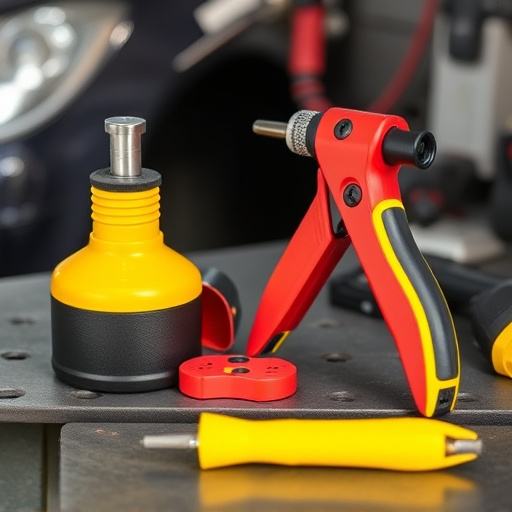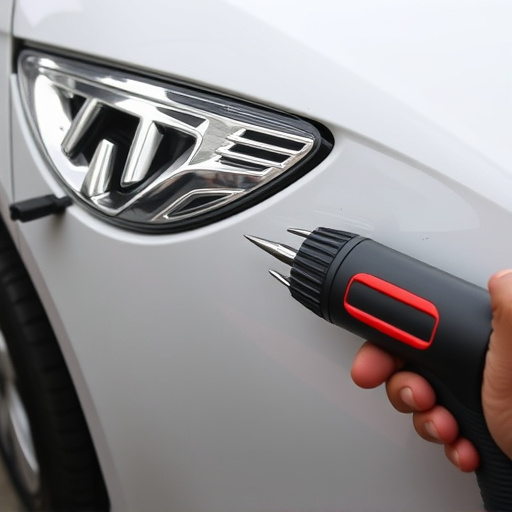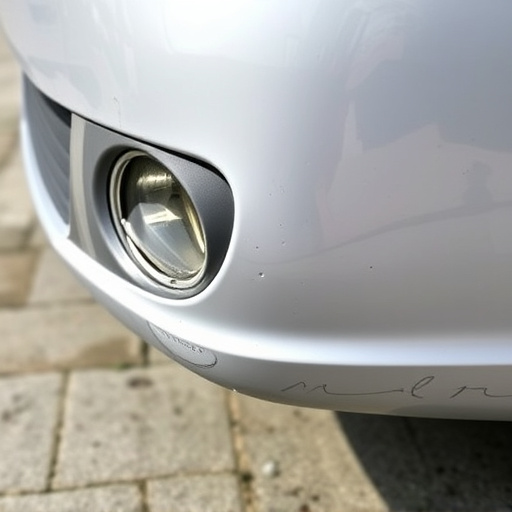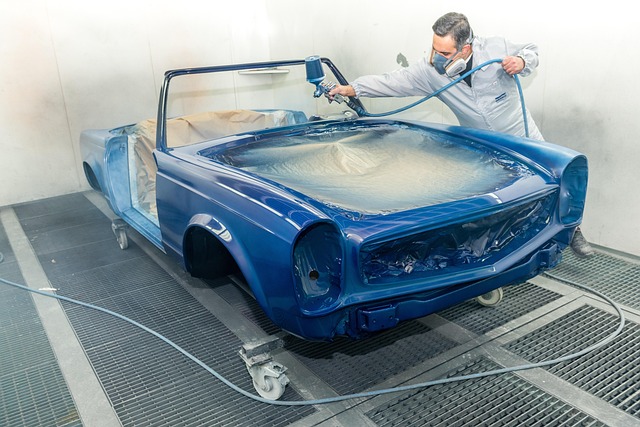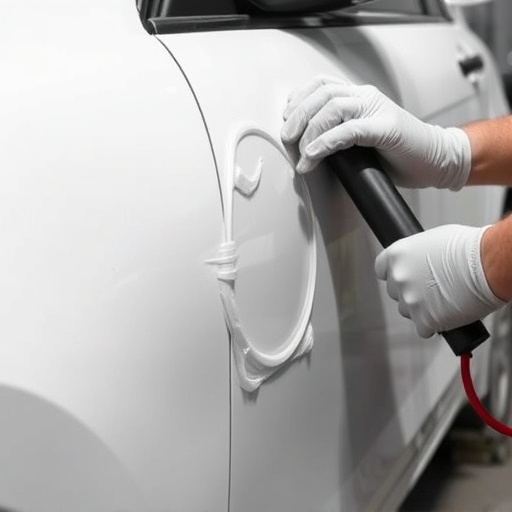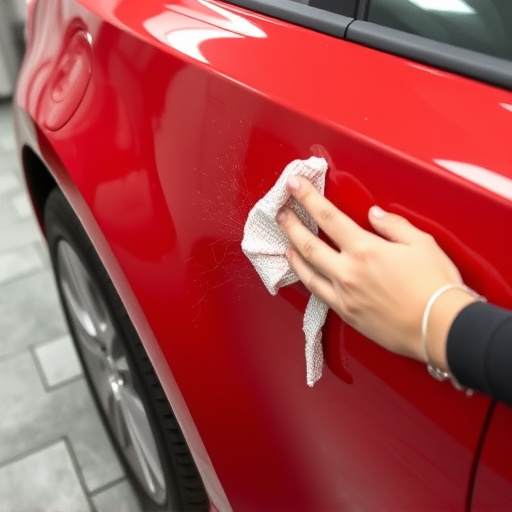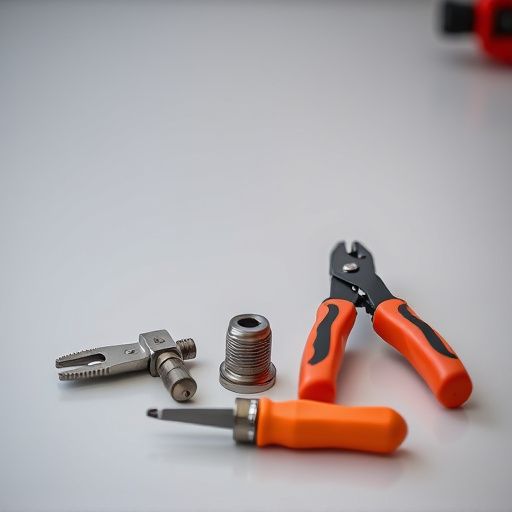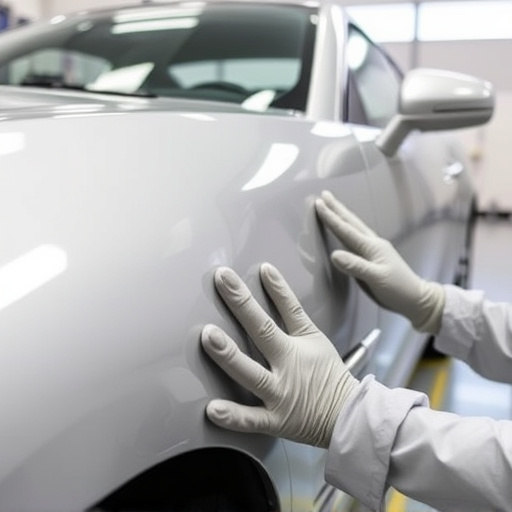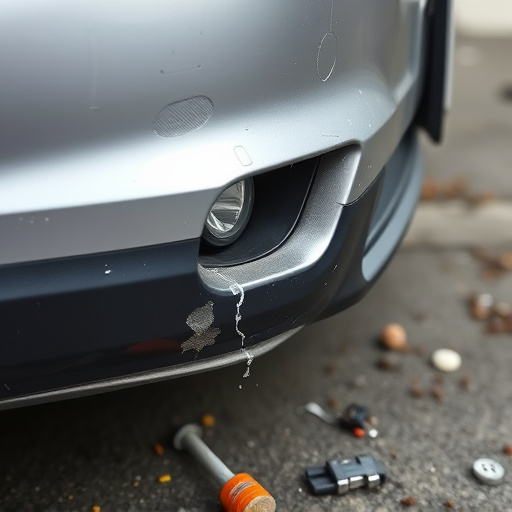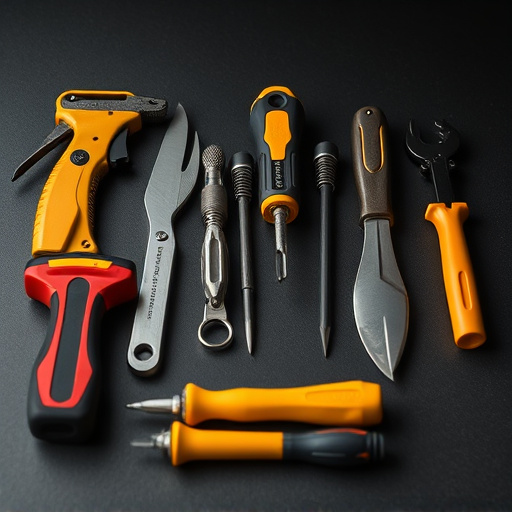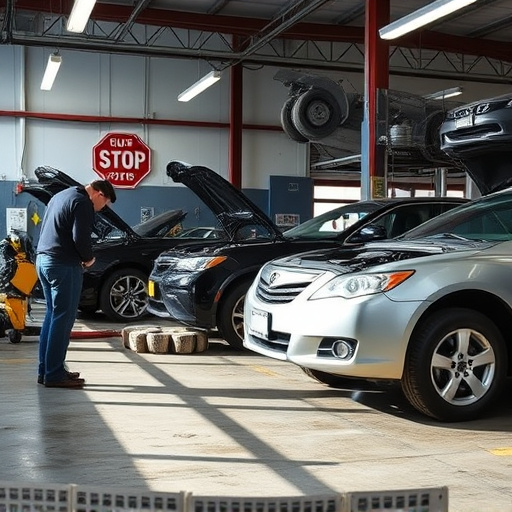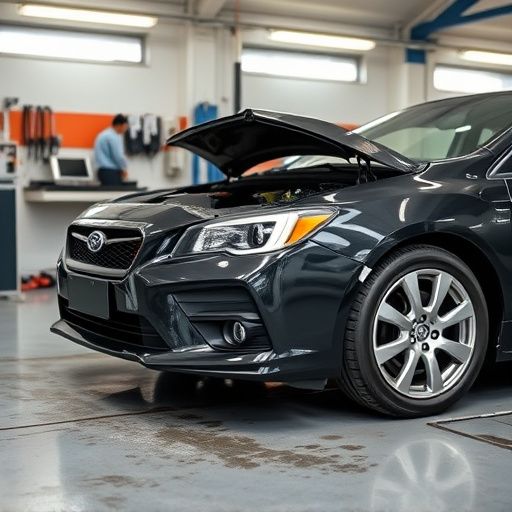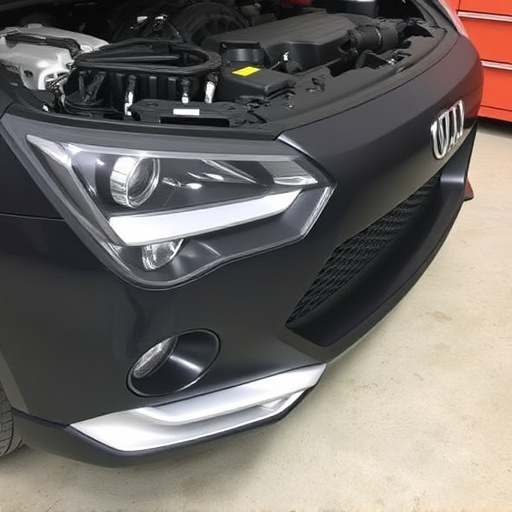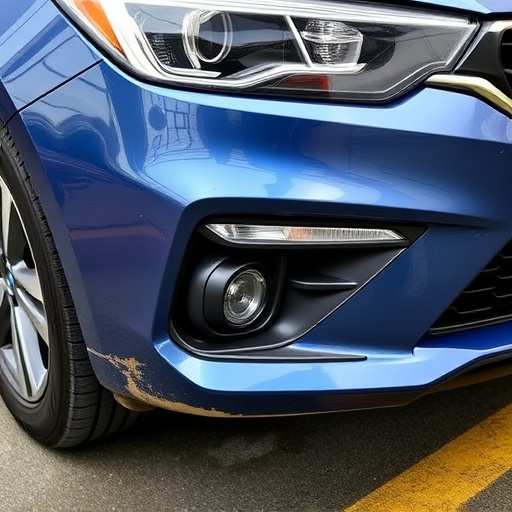While structural adhesive techniques offer versatility, bolts and nuts are superior for specific vehicle repairs due to their strength and impact resistance. For quick turnaround times, mechanical fastening provides flexibility and ease of disassembly. Material compatibility is crucial when using adhesives, as different materials require specialized bonds to ensure safety and longevity. In unique scenarios, alternatives like welding or coatings may be preferred over general-purpose adhesives.
Not every bonding task requires a structural adhesive. In some cases, simpler methods like bolts and nuts offer better solutions. This article explores scenarios where these alternatives are more effective, delving into material compatibility considerations and providing an in-depth look at options beyond traditional adhesives. By understanding when to opt for bolting or other non-adhesive techniques, you can ensure structural integrity while avoiding potential drawbacks of adhesive failure.
- When Bolts and Nuts Are More Suitable
- Understanding Alternatives to Adhesives
- Critical Considerations for Material Compatibility
When Bolts and Nuts Are More Suitable

In many cases, when dealing with specific repairs, such as those involving vehicles and their components—like bumper repair or collision damage repair—bolts and nuts are a more suitable option than structural adhesive techniques. For instance, bolts and nuts provide a stronger, more secure hold, especially in high-stress areas of a vehicle’s frame. This is crucial for safety reasons, as they can withstand impact and vibration better, making them ideal for securing parts like fenders, doors, or bumpers during vehicle repair.
Using bolts and nuts also offers greater flexibility when disassembling or reassembling components. In contrast to structural adhesives, which can be challenging to reverse without causing damage, bolts and nuts allow for easy removal and reattachment, simplifying the process of troubleshooting and making repairs more efficient. This is particularly beneficial in collision damage repair scenarios where quick turnaround times are essential.
Understanding Alternatives to Adhesives

In many scenarios, while structural adhesives are commonly sought after for their strength and versatility, they might not be the best solution. There are alternatives to traditional adhesive techniques that can serve specific needs better. For instance, in cases where a unique bonding agent is required due to varying substrate materials or specific environmental conditions, alternative methods like mechanical fastening, welding, or specialized coatings could be more effective. Mechanical fastening, for example, involves using hardware such as screws, bolts, and rivets to create a strong bond without relying on chemical adhesion.
When considering alternatives to structural adhesives, it’s essential to look at the project’s unique requirements, including factors like temperature tolerance, moisture exposure, and substrate compatibility. For instance, in automotive body work or car paint services, where precision and aesthetics are paramount, alternative techniques like spot welding or specialized tape bonds might be preferred over general-purpose structural adhesives. These alternatives offer tailored solutions, ensuring optimal performance and longevity for specific applications, including dent removal scenarios, which require a different approach than traditional adhesive bonding.
Critical Considerations for Material Compatibility

When considering structural adhesive techniques for repairs, especially in the context of vehicle repair or auto body shops, it’s crucial to understand material compatibility as a critical consideration. Different materials have distinct properties and behaviors under stress, and not all adhesives are created equal. For instance, while a structural adhesive might be ideal for bonding metal, it may not perform effectively on plastics or composites, which require specialized adhesives tailored to their unique characteristics.
In the realm of car repair shops, where precision and safety are paramount, selecting the wrong adhesive can lead to structural weaknesses, reduced bond strength, and even potential failure during subsequent use. Therefore, professionals in auto body shops must thoroughly evaluate the materials they intend to join before opting for a specific structural adhesive technique. This ensures that the chosen adhesive not only adheres properly but also enhances the overall integrity and longevity of the repair, be it for a simple fender replacement or complex body panel repairs.
While structural adhesives offer powerful bonding solutions, they might not always be the ideal choice. Understanding when bolts and nuts are a better fit, exploring alternative bonding methods, and considering material compatibility are essential steps in making informed decisions. By weighing these factors, professionals can select the most effective structural adhesive techniques for each unique project, ensuring long-lasting and reliable results.
